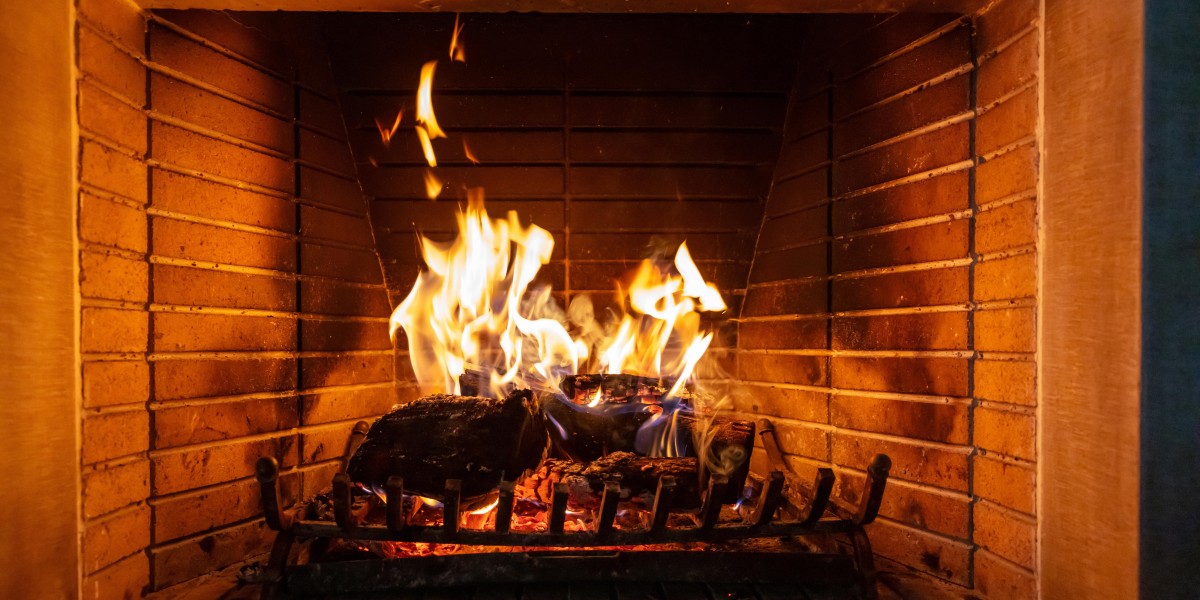By Allison Lampert
LAS VEGAS, Oct 22 (Reuters) - At the world's most significant market program in Las Vegas luxury jets are enticing purchasers with their smooth silhouettes, luxurious cabins - and progressively, their use of alternative fuels.

Fuel manufacturers and jetmakers are keen to showcase novel kinds of air travel fuel deemed less harmful to the environment, from used cooking oil to the distinctly less attractive meat waste.
Business jet operators, like airlines, have actually bowed to ecological pressure on aviation and committed to cutting in half carbon emissions by 2050 compared with 2005.
Their hope is that adopting eco-friendly fuel to curb emissions could make organization jets more attractive to environmentally mindful purchasers - particularly corporations dealing with concerns over sustainability from shareholders or green project groups.
The availability of less polluting private jets could also spare the rich and popular the negative publicity experienced by Britain's Prince Harry and his wife Meghan over a recent private jet trip to southern France.
Five Gulfstream jets on display in Las Vegas are using California-produced fuel from inedible beef tallow.
The latest waste-based fuels include "fats, grease and oils that are by-products of the food industry," said Bryan Sherbacow, chief commercial officer of Boston-based biofuel producer World Energy, which produces fuel from meat waste used by Gulfstream.
"All of our item is inedible."
A few of the other 79 airplane on display are anticipated to be powered by 150,000 gallons of other renewable fuel blends expected to be pumped at the show.
FLIGHT SHAMING
Private jets represent less than 0.1% of total annual carbon emissions worldwide, but can give off, usually, approximately 20 times more carbon emissions per passenger mile than jetliners, according to the London-based private charter company Victor.
Prince Harry has actually defended his periodic usage of personal jets to ensure his household's security, and has said that on the rare celebrations he does not fly commercially he offsets his emissions.
But planemakers state events such as the furore over his itinerary have added fresh difficulties for a market already striving to validate its contribution to cutting business costs.
"Incidents of flight shaming involving the usage of personal jets are unfortunate when you consider that our industry has actually delivered fuel effectiveness improvements of 40% over the past 40 years," stated Bombardier Aviation President David Coleal.
Bombardier believes increased sustainable fuel usage will help the market make inroads with corporations and rich purchasers. According to industry information, billionaires just have a 19% company jet ownership rate.
But even an image transformation - with jets sporting stickers like "this airplane flies on sustainable fuels" and organisers including alternative fuel pumps for checking out aircrafts - is unlikely to please all critics at the Oct 22-24 luxury jet event.
Environmentalists and some analysts stay hesitant that biojetfuels, typically combined 50-50 with kerosene, will make a substantial impact on public understandings about luxury travel.
"No amount of jatropha curcas or Brazil-nut fuel can make service jets look eco-friendly," said aviation analyst Richard Aboulafia.
Demand from service jet operators for sustainable fuels now far goes beyond supply and their interest might drive future production, Sherbacow said.
World Energy, which produces 40 million gallons of biofuel at its California plant, might expand production up to 150 million gallons by 2022.
Corporate charter companies and specialists are also seeing more interest from clients who wish to buy carbon credits to offset emissions from their flights.

Brian Proctor, CEO of Mente Group, a U.S. consultancy, stated emissions contributed in a corporate jet utilization study his business just recently finished for a Fortune 500 company.
"At the end of the day, I think that price, expense per hour, range, speed and efficiency, that's still the (sales) chauffeur. But I believe individuals are becoming more mindful of the sustainability of operations and how it impacts the world." (Reporting By Allison Lampert, Editing by Tim Hepher and Alexandra Hudson)








